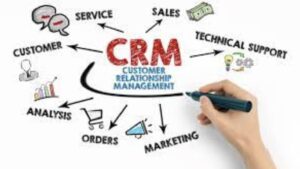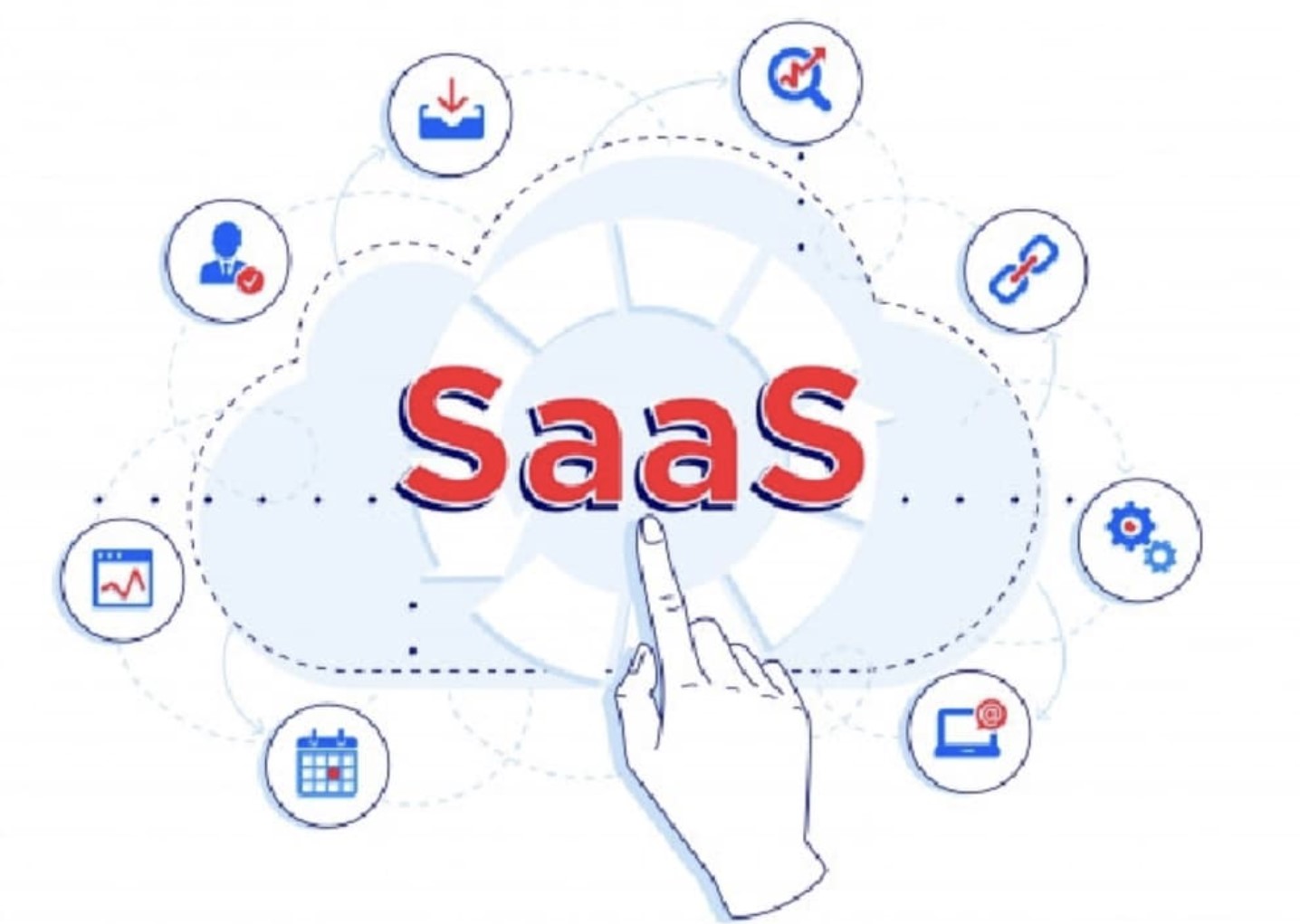In the fast-paced world of project management, keeping track of tasks, timelines, and team collaborations is crucial for success. This is where Customer Relationship Management (CRM) software can be a game-changer. A CRM system not only helps in managing client relationships but can also be an invaluable tool for project management. In this article, we will delve into the best CRM solutions tailored for effective project management.

Introduction
Project management can be a complex juggling act, with multiple tasks, team members, and deadlines. To ensure that everything runs smoothly, it’s essential to have a robust CRM system that can streamline your project-related processes. In this article, we’ll explore the top CRM options specifically designed to enhance project management.
Why Use CRM for Project Management?
Using CRM software for project management offers several advantages. It allows you to centralize project data, streamline communication, and gain insights into your project’s progress. By integrating CRM into your project workflow, you can enhance efficiency and collaboration among your team members.
Key Features to Look for
When choosing a CRM for project management, certain features are indispensable. Look for tools that offer task management, contact management, reporting and analytics, and integration capabilities. These features ensure that your CRM system can effectively support your project management needs.
Top CRM Solutions for Project Management
Let’s explore some of the top CRM solutions that can transform your project management processes:
HubSpot CRM
HubSpot CRM is renowned for its user-friendly interface and robust project management features. It offers task automation, contact management, and integration with other HubSpot tools.
Zoho CRM
Zoho CRM provides a comprehensive suite of project management features, including task scheduling, document sharing, and real-time collaboration. It seamlessly integrates with other Zoho applications.
Salesforce
Salesforce is a powerhouse when it comes to CRM. It offers project management capabilities, such as lead tracking, opportunity management, and customizable workflows.
Monday.com
Monday.com is a highly visual CRM and project management tool. It’s known for its intuitive interface, customizable workflows, and task automation features.
Asana
Asana combines task management and CRM functionalities, making it an ideal choice for project-focused teams. It offers customizable project views and task dependencies.
How to Choose the Right CRM for Your Project Needs
Choosing the right Customer Relationship Management (CRM) system for your project needs is crucial for effective management of customer interactions and business growth. Here are the steps to help you make an informed decision:
- Define Your Project Needs and Goals:
- Start by clearly outlining your project’s objectives and what you want to achieve with a CRM system. Identify specific pain points and areas for improvement.
- Budget Considerations:
- Determine your budget for CRM software, including initial setup costs, ongoing subscription fees, and any customization or integration expenses.
- Consider Your Team’s Needs:
- Assess the size and needs of your team. Will your CRM be used by sales, marketing, customer support, or all of the above? Ensure the CRM can accommodate your team’s requirements.
- Scalability:
- Choose a CRM that can grow with your project. Ensure it can handle an increasing volume of data, users, and customer interactions.
- User-Friendly Interface:
- A user-friendly interface is essential to encourage adoption among your team. Ensure the CRM is intuitive and doesn’t require extensive training.
- Integration Capabilities:
- Determine whether the CRM can seamlessly integrate with other tools and systems your project relies on, such as email, marketing automation, or e-commerce platforms.
- Customization Options:
- Look for a CRM that allows you to tailor it to your project’s specific needs. Custom fields, workflows, and automation are important features to consider.
- Mobile Accessibility:
- In today’s mobile world, having a CRM with mobile apps or a responsive web interface is crucial for remote and on-the-go access.
- Data Security and Compliance:
- Ensure the CRM complies with data protection regulations (e.g., GDPR) and has robust security measures to safeguard your customer data.
- Reporting and Analytics:
- A CRM should provide detailed reporting and analytics capabilities to track project performance, customer behavior, and team productivity.
- Customer Support and Training:
- Assess the level of customer support provided by the CRM vendor. They should offer training resources, documentation, and responsive support in case issues arise.
- User Reviews and References:
- Research user reviews and seek references from businesses that have similar project needs. Their experiences can provide valuable insights.
- Free Trials and Demos:
- Take advantage of free trials or demos offered by CRM vendors to test the software and see if it aligns with your project’s requirements.
- Long-Term Viability:
- Consider the vendor’s reputation, financial stability, and their commitment to ongoing updates and improvements.
- Evaluate Total Cost of Ownership (TCO):
- Consider not only the initial costs but also ongoing expenses like maintenance, upgrades, and support when calculating the TCO.
- Alignment with Project Culture and Values:
- Ensure the CRM aligns with your project’s culture, values, and customer-centric approach.
- Feedback and Iteration:
- After implementation, gather feedback from your team and customers to make necessary adjustments and improvements.
Remember that the CRM you choose should be a tool that enhances your project’s effectiveness, efficiency, and customer satisfaction. Take your time during the selection process to find the right fit for your specific project needs.
Implementing CRM in Your Project Workflow
Once you’ve chosen a CRM system, the next step is implementation. Properly integrating CRM into your project workflow is crucial for reaping its benefits. Training your team and defining processes are essential steps.
Benefits of Integrating CRM with Project Management
The integration of CRM with project management can lead to increased productivity, better client relationships, and improved project tracking. This synergy can have a significant impact on your bottom line.
Common Challenges and How to Overcome Them
While CRM integration offers numerous benefits, it can come with its own set of challenges. Learn how to tackle common issues such as data migration and user adoption to ensure a seamless transition.
Best Practices for CRM-Enabled Project Management
Discover best practices for making the most of your CRM-enabled project management. From setting clear objectives to regularly updating your CRM system, these practices can optimize your workflow.
Case Studies: Successful CRM-Project Management Integration
Explore real-life examples of companies that have successfully integrated CRM into their project management processes. Learn from their experiences and gain insights into the benefits they’ve realized.
Future Trends in CRM and Project Management
Stay ahead of the curve by understanding the emerging trends in CRM and project management. From AI-driven analytics to enhanced mobile capabilities, the future holds exciting possibilities.
Conclusion
In today’s dynamic business landscape, effective project management is non-negotiable. By harnessing the power of CRM systems tailored for project management, you can boost efficiency, collaboration, and ultimately, project success.


